From our library: Bars and Shadows
book review by Sie Burke
I recently discovered this little book in our library, one of the many surprising gems we have there. It might be the book we need today. Bars and Shadows: The Prison Poems of Ralph Chaplin was written while its author was serving a 20-year sentence in a federal penitentiary for nothing more than voicing his opinions, and the poems he wrote in Leavenworth were unrepentant:
“But whether it be yours to fall or kill / You must not pause to question why nor where. / You see the tiny crosses on that hill? / It took all those to make one millionaire.” (From the poem “The Red Feast.”)
Ralph Chaplin opposed the United States entering World War I. Worse than that, he opposed capitalism. As a member of the Industrial Workers of the World (IWW) and editor of its eastern US publication Solidarity, he made speeches and wrote poems and songs. The best known is “Solidarity Forever,” which became a union anthem.
But, as economist Scott Nearing wrote in the introduction to Bars and Shadows, “When the war broke out in Europe, with millions of working-men flinging death and misery at one another, men like Chaplin, the world over, regarded it as the last straw. Was it not bad enough that these exploited creatures should be used as factory-fodder? Must they be cannon-fodder, too?” In the eyes of the IWW, the war would only serve to increase the economic power of capitalists.
At the same time, the US Espionage Act of 1917 prohibited interference with military operations and recruitment, and any other speech deemed to support the enemy during wartime. Promptly, Chaplin and a hundred other IWW members were rounded up, convicted, and jailed for speaking out against the draft.
The Espionage Act, amended, is still part of US law and is still being invoked, but from the beginning it has had a contested relationship with free speech. During World War I, as recounted in the book Over Here by David M. Kennedy, one man was arrested for calling President Woodrow Wilson a Wall Street tool, and others faced charges for merely discussing the constitutionality of conscription. A man was jailed for saying the war was for J.P. Morgan “and not a war for the people.”
The law was amended in 1918 by the Sedition Act to further forbid “disloyal, profane, scurrilous, or abusive language” about the government, flag, and military. Expressions of opinions in one part of the country might be acceptable, but in other places, where public officials were dedicated to more vigorous enforcement, those same words by the same speaker were treasonous utterances that could bring jail time. Ralph Chaplin’s book of poetry deserved to be banned for sedition.
By 1922, however, when it was published, the war to end all wars had ended, and alarmist lawmakers had moved on to other concerns. Chaplin was released after four years in prison.
Chaplin told Nearing he was not a poet, which he said was an “aesthetic creature” who condescended to workers. He favored making culture “with a rebel note.” The thirty poems in the book adhere to meter and rhyme, and they tell us not to mourn the war dead “but rather mourn the apathetic throng” too cowed to speak. He describes the sound of a bugle playing taps to end the day in prison, and his longing for “the smell of grass and flowers,” and he compares his restless heart to the battle song of a storm. On Christmas day, seven sparrows perch at his barred window — so meagerly is his heart comforted. He misses his wife and son.
But his anger abides.
“The paragon of paltriness / Upraised for all to see […] / The smirking, ass-like multitude / Cringe down at his command […] / Is there not one to share with me / The shame and wrath I own?” (From the poem “Salaam!”)
He exalts when a prisoner escapes from the penitentiary, and he longs for freedom.
These poems express Chaplin’s sharply felt emotions and his grasp of the world that inspired those feelings. Sincere, simple words give the poems strength.
We hold the first edition of Bars and Shadows, and the book is still in print today with many later editions by various publishers, and it’s available free from Project Gutenberg. Our library is a sanctuary for banned books, such as Maus by Art Spiegelman and This Book Is Gay by Juno Dawson, illustrated by Spike Gerrell.
I found this book more than a century after it was printed. Now speech is again being limited in the United States: legally suspect words include gay, women, diversity, equity, pronouns not assigned at birth, Black lives matter, Free Palestine, criticism of Tesla, or merely speaking Spanish in public. Who dares not grovel if you could be next? This little book offers a counterforce.
Let us continue to write poetry.
